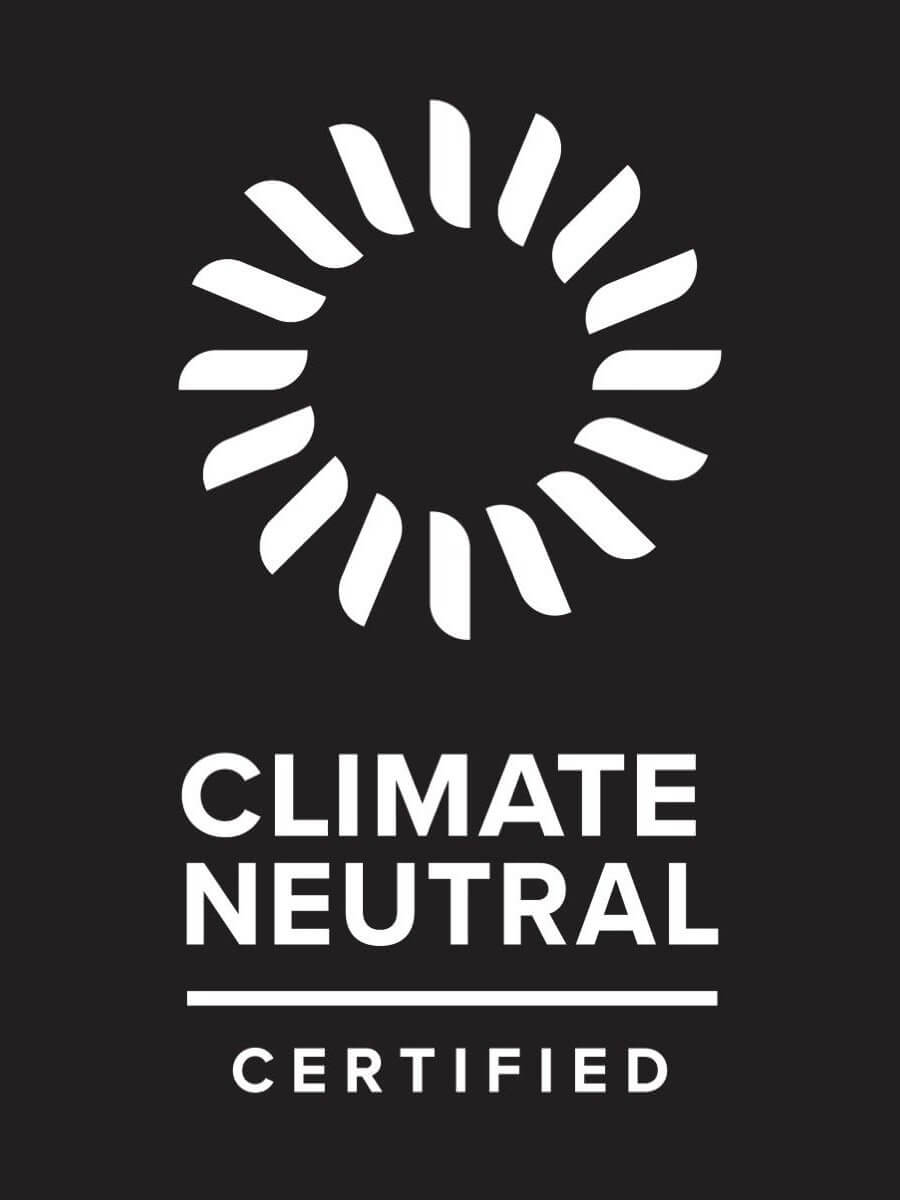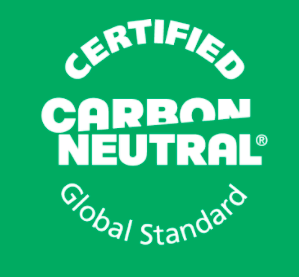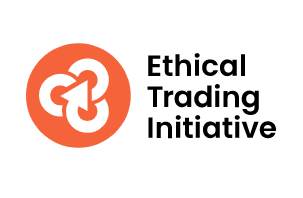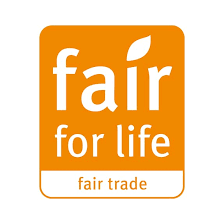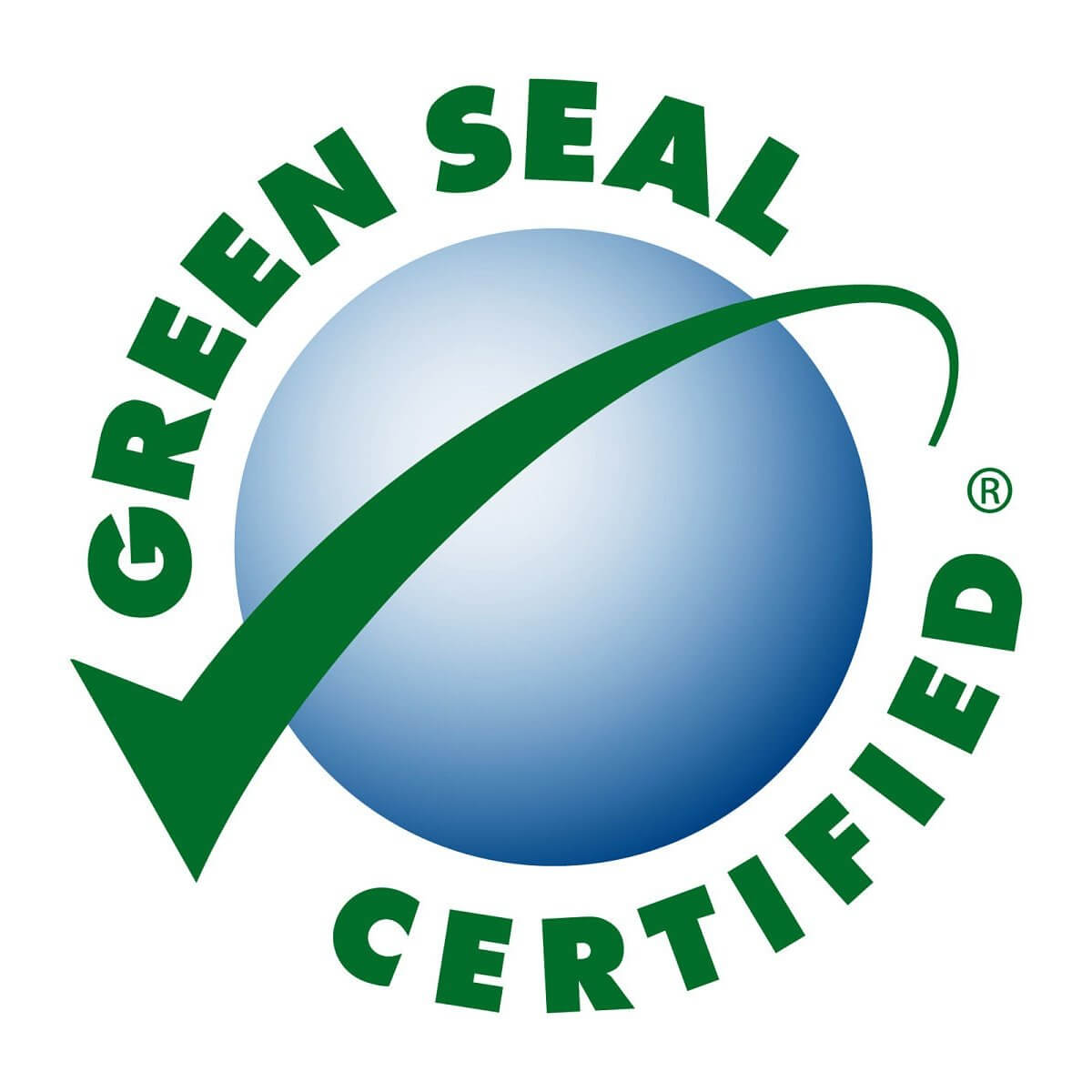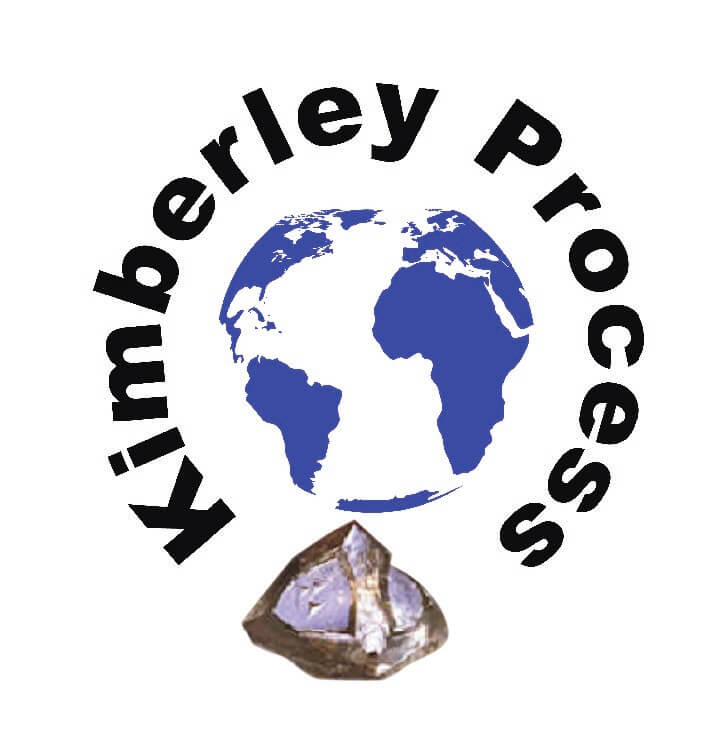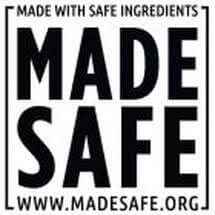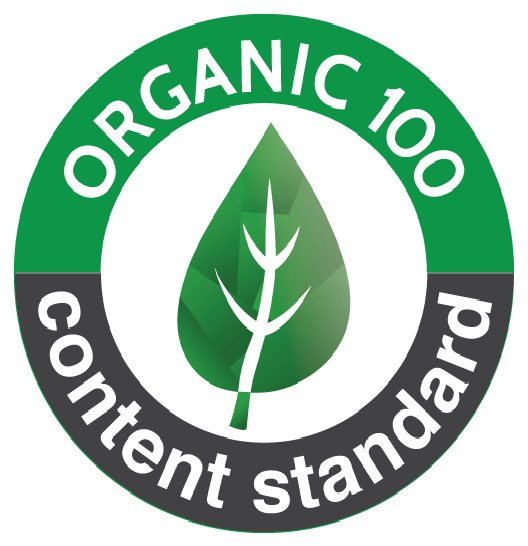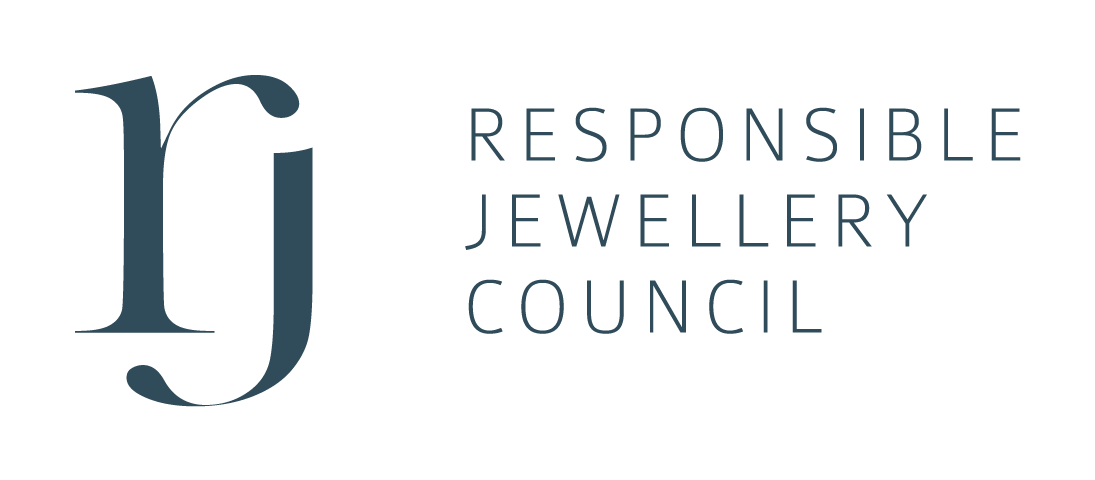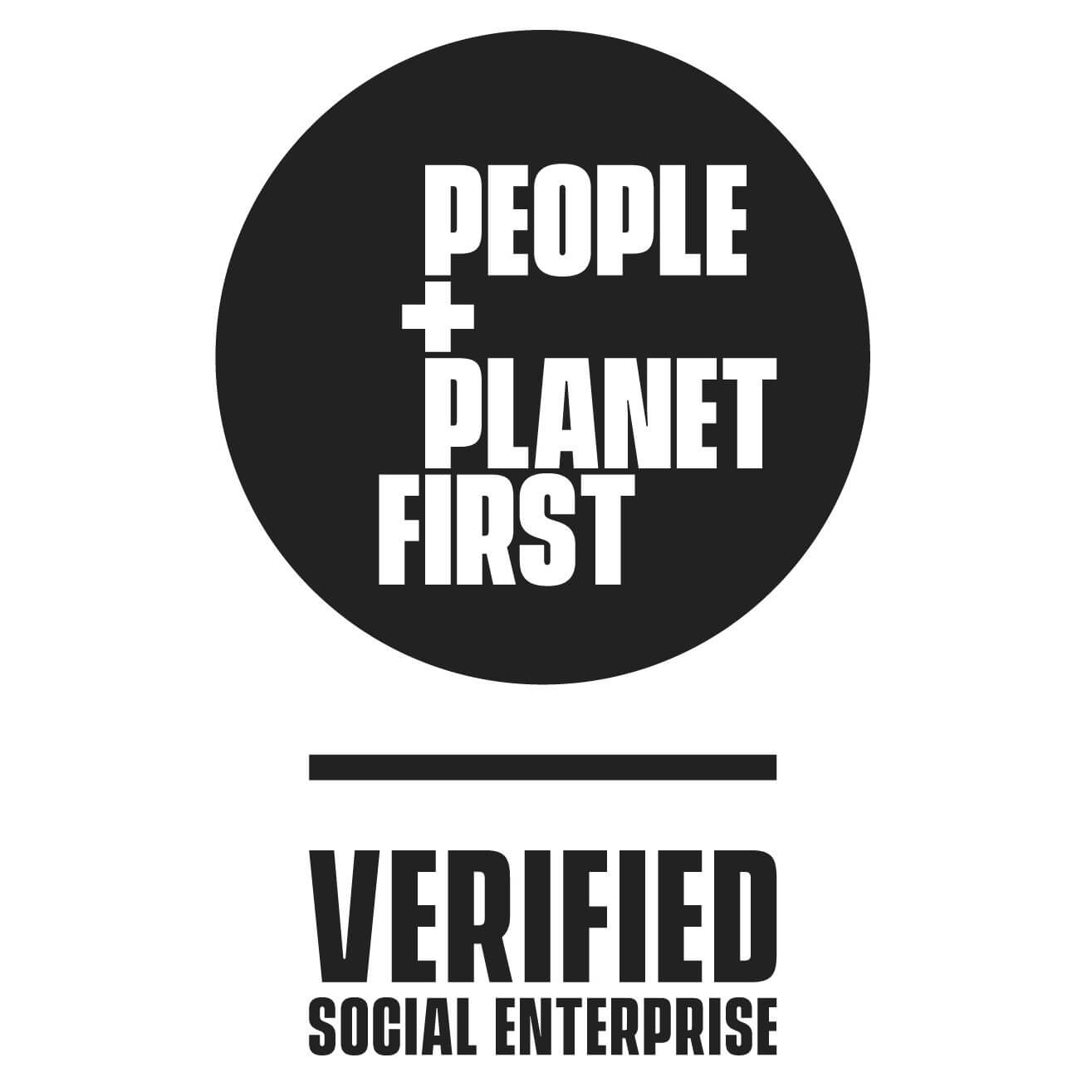We vet & verify every brand.
It can be tricky to shop sustainable and ethical brands. All the research is way too time consuming. Not knowing what sustainable and ethical business practices to look for is frustrating. And what about the anxiety over whether or not a brand’s claims are true?
We get you! And that’s why we do all the hard work of vetting and verifying brands to ensure their authenticity so you don’t have to!
Take a look at our 4-Step Verification Process, and if you have any questions, contact us here.
Our 4-Step Verification Process

Research
We read everything we can get our hands on to verify a brand’s sustainable practices and ethical practices.

Reach Out
We get to know the faces behind the brand by reaching out and establishing a personal relationship.

Reference Checks
We reference articles and blog posts, and we use tools like Good On You and Ethical Consumer.

Review Certifications
We verify all third-party certifications (see below) and publish the information on our site for your ease and use.
Common Sustainable & Ethical Certifications
The easiest way to know if a brand is sustainable or ethical is to look for third-party certifications. When a brand carries a particular certification, it means it adheres to clear and rigorous standards. Below, you’ll find a list of the most globally recognized and trusted certifications in the world of sustainable and ethical consumer goods. Note that because certification is often costly and time intensive, many companies do not have the resources to pursue it in their early stages. That’s why we partner with brands even if they are not certified.
The following certifications are indicated for a brand if:
- The brand is certified, for example B Corp Certified & Climate Neutral Certified
- The brand’s products are certified, for example GOTS, EVE Vegan, Fairmined
- The brand’s suppliers are certified, for example manufacturing is done in Fair Trade USA – Fair Trade Certified factories.
B Lab is a nonprofit network transforming the global economy to benefit all people, communities and the planet. They began in 2006 with the idea that a different kind of economy was not only possible but necessary, and that business could lead the way towards a new, stakeholder-driven model. B Lab became known for certifying B Corporations, which are companies that meet high standards of social and environmental performance, accountability and transparency. Read more.
The Change Climate Project is a nonprofit organization working to eliminate greenhouse gas emissions by creating the world’s most recognized and trusted climate label paired with accessible, action-focused tools and resources. Their label is a symbol of companies that work actively to decarbonize across their entire business value chain and beyond. Companies must achieve the Climate Neutral Certification Standard in order to receive the Climate Neutral Certified label. Read more.
Consumer products carrying the bluesign product label meet the strict safety and environmental requirements of the bluesign criteria. Made of bluesign approved fabrics and accessories with approved chemicals, these products are produced in a resource-conserving way with reduced impact on people and the environment. Read more.
The CarbonNeutral Protocol was created and is managed by Climate Impact Partners. They were the first to provide a clear set of guidelines for businesses to achieve carbon neutrality back in 2002, and every year since then they’ve continued their commitment to providing a robust framework for credible carbon neutral action. Read more.
Cradle to Cradle Certified is used globally across industries by designers, brands and manufacturers for designing and making products that enable a healthy, equitable and sustainable future. The Cradle to Cradle Certified Product Standard provides the framework to assess the safety, circularity and responsibility of materials and products across five categories of sustainability performance, including material health, product circularity, clean air and climate protection, water and soil stewardship and social fairness. Read more.
Since 1993, the Environmental Working Group (EWG) has tracked chemical safety and has called out bad chemicals and the companies that use them and is a go-to resource for parents and consumers when it comes to choosing better products for health and homes. EWG VERIFIED recognizes products that meet EWG’s strictest standards for health. This means none of EWG’s chemicals of concern and full transparency. Read more.
The Ethical Trading Initiative (ETI) is an alliance of trade unions, NGOs and companies working together with key stakeholders to promote practical solutions to end the abuse of human rights at work. They envision a world where all workers are free from exploitation and discrimination and enjoy conditions of freedom, security and equity. All corporate members of ETI adopt the ETI Base Code of labor practice throughout their supplies chains, which is based on the standards of the International Labour Organisation. Read more.
EVE Vegan® is one of the world’s leading international standards for the certification of vegan products and services. Whether used for food, cosmetics or textiles, their mark gives total assurance that a product is 100% vegan. Read more.
Fair for Life Social and Fair Trade certified products are made in ways that are fair and safe for all workers and farmers. Fair for Life Certification assures that human rights are safeguarded at any and all stages of production, workers enjoy good and fair working conditions and smallholder farmers receive a fair share. Fair for Life certification of products also confirms traceability of all certified products from production to sales. Read more.
As part of the global fair trade movement, the Fair Trade Federation and its members share a vision of a world in which justice, equity and sustainable development are at the heart of trade structures and practices so that everyone, through their work, can maintain a decent and dignified livelihood. The Fair Trade Federation traces its roots to the late 1970s when individual alternative trade organizations began holding yearly conferences for groups working in fair trade and formally incorporate in 1994 as the North American Alternative Trade Organization. Read more.
Fairtrade International’s mission is to connect disadvantaged producers and consumers, promote fairer trading conditions and empower producers to combat poverty, strengthen their position and take more control over their lives. The Fairtrade Standards are the backbone of their approach. They include a range of economic, environmental and social criteria that must be met by producers and traders in order to acquire or retain Fairtrade certification. Read more.
Fairtrade International Cotton works with farmers who’ve formed small producer organizations, as well as contract production organizations in the process of forming independent cooperatives, to address the unsafe and unfair labor conditions in cotton processing. The Fairtrade Cotton Standards: protect farmers’ health and safety; bans genetically modified cotton seeds; encourages and empowers farmers to protect the natural environment as an integral part of their farm management; works with farmers to stop or reduce the usage of agrochemicals; and supports farmers to adapt to changing climate patterns. Read more.
Fairtrade International’s Gold Standard creates opportunities for artisanal and small-scale miners and their communities by promoting the formalization of the artisanal and small-scale mining sector through establishing membership-based artisanal and small-scale mining organizations. The aims are to improve working conditions for miners and strengthen mining organizations and their capacity to lobby for a range of improvements and benefits. Read more.
In 2016, Fairtrade International launched the Fairtrade Textile Standard and Programme to reach people at all stages of production – from seed cotton to finished garments. Many workers in the garment sector earn below living wage levels which would allow them to feed, house and clothe themselves decently, as well as afford healthcare and education. The Fairtrade Textile Standard requires that workers are paid living wages within six years of certification – a timeline that was found to be realistic in the standard consultation given the huge gaps between current wages and living wage level. Read more.
Fair Trade USA is a social enterprise and leading certifier of fair trade products in North America. Its trusted Fair Trade Certified seal on a product signifies that it was made according to rigorous fair trade standards that promote sustainable livelihoods and safe working conditions, protection of the environment and strong, transparent supply chains. Rather than creating dependency on aid, Fair Trade USA’s model empowers farmers, workers and fishers to earn money to improve their lives and communities. Read more.
The Fair Trade Certified Cotton seal signifies that 100% of the cotton used in the product is Fair Trade Certified and 20% or more of the total product weight is made from Fair Trade Certified cotton. To achieve Fair Trade Certification, products must be made according to rigorous fair trade standards that promote sustainable livelihoods and safe working conditions, protection of the environment and strong, transparent supply chains. Read more.
By choosing products made in Fair Trade Certified factories, you are supporting factories that are producing goods in a fair way. That means workers are paid a fair wage, work in safe conditions, have their rights respected and their communities have the opportunity to prosper. The entity that produces the product undergoes an audit to earn certification in order for that product to carry the Fair Trade Certified label. Updated in 2023, Factory Production Standard 2.0 builds resilient, transparent supply chains and enables sustainable livelihoods while focusing on limiting direct negative environmental impacts to workers, producers, surrounding communities and the planet. Read more.
The Fair Trade Certified Ingredient seal signifies that 100% of that particular ingredient used in the product is Fair Trade Certified and 20% or more of the total product weight is made from Fair Trade Certified ingredients. To achieve Fair Trade Certification, products must be made according to rigorous fair trade standards that promote sustainable livelihoods and safe working conditions, protection of the environment and strong, transparent supply chains. Read more.
The Fair Trade Certified Sewing seal guarantees that Fair Trade Standards were met at the sewing production level. The entity that produces the product undergoes an audit to earn certification in order for that product to carry the Fair Trade Certified label. The seal on a product signifies that it was made according to rigorous fair trade standards that promote sustainable livelihoods and safe working conditions, protection of the environment and strong, transparent supply chains. Read more.
Fair Wear was founded in 1999 with the mission to improve labor conditions in the garment industry. Fair Wear member brands are committed to improving the lives of garment workers worldwide. These brands are already going above and beyond the industry norm to improve conditions at their suppliers’ factories, and Fair Wear supports them every step of the way and holds them accountable, making sure they are continuously improving and pushing them to raise the bar for social sustainability in the industry. Read more.
Fairmined certified gold comes from artisanal and small-scale mining organizations certified to the Fairmined standard. This certification guarantees that the gold has been extracted in harmony with nature, human dignity and sustainable development, contributing to the transformation of lives in these mining communities. Read more.
As the pioneer of forest certification, the Forest Stewardship Council sets the standard for responsible forest stewardship. Their policies unify a diverse set of stakeholders around common guidelines for forestry that are environmentally appropriate, socially beneficial and economically viable. Their open and transparent standards include safeguards to ensure that stakeholders throughout the forest supply chain live up to the principles that protect healthy and resilient forests for all, forever. Read more.
Global Organic Textile Standard (GOTS) is a worldwide leading textile processing standard for organic fibers, including ecological and social criteria, backed up by independent certification of the entire textile supply chain. GOTS certified final products may include fiber products, yarns, fabrics, clothes, home textiles, mattresses, personal hygiene products, as well as food contact textiles and more. Read more.
The goal of the Global Recycled Standard (GRS) is to increase use of recycled materials in products and reduce or eliminate the harm caused by its production. As an international, voluntary, full product standard that sets requirements for third-party certification of recycled content, chain of custody, social and environmental practices and chemical restrictions, the GRS is intended for use with any product that contains at least 20% recycled material. Each stage of production is required to be certified, beginning at the recycling stage and ending at the last seller in the final business-to-business transaction. Read more.
The global nonprofit organization Green Seal is one of the pioneers of the ecolabeling movement with a mission to transform the economy for a healthier, greener world. The Green Seal certification mark is a universal symbol that a product or service meets the highest benchmark of health and environmental leadership. Read more.
The Initiative for Responsible Mining Assurance is the answer to a global demand for more socially and environmentally responsible mining. Their mission is to protect people and the environment directly affected by mining by creating financial value for mines independently verified to achieve best practices and share this value with the businesses that purchase material from these mines. Read more.
The Kimberley Process unites administrations, civil societies and industry in reducing the flow of conflict diamonds – “rough diamonds used to finance wars against governments” – around the world. Under the Kimberley Process Certification Scheme, States implement safeguards on shipments of rough diamonds and certify them as “conflict free”. Read more.
Since 1996, the Leaping Bunny Program, operated by the Coalition for Consumer Information on Cosmetics in the US and Canada, has been connecting compassionate consumers to cruelty-free companies under its Corporate Standard of Compassion for Animals. Companies must pledge to end animal testing at all stages of product development in addition to recommitting to the program annually and being open to third party audits. Read more.
Leather Working Group is a global not-for-profit that drives best practices and positive social and environmental change for responsible leather production. Launched in 2005, their flagship audit certification assesses the environmental performance and compliance of leather manufacturing facilities (also known as tanneries) in regard to the following: Water & Energy Usage; Solid Waste & Effluent Management; Air & Noise Emissions; Traceability; Health & Safety; Chemical Management; Restricted Substances, Compliance & Chromium VI (CrVI) Management. Read more.
MADE SAFE is a human health and ecosystem-focused product certification program that helps connect shoppers with goods that reflect their values for a healthier life and planet. Their mission is to revolutionize how consumer products are made, thereby eliminating the use of harmful chemicals from the marketplace to ensure a safe and sustainable future for all. Read more.
The Organic Content Standard (OCS) is a voluntary global standard that sets criteria for third-party certification of organic materials and chain of custody. The primary goal of the OCS is to increase organic agriculture production. Only material from certified organic farms is accepted into the OCS. Certification ensures that the identity of the organic content is maintained from the farm to the final product. A professional, third party certification body audits each stage in the supply chain. Read more.
People for the Ethical Treatment of Animals (PETA) is the largest animal rights organization in the world. PETA’s global animal test–free seal recognizes companies and brands that have verified that they and their suppliers do not conduct, commission, pay for or allow any tests on animals for their ingredients, formulations or finished products anywhere in the world and that they will never do so in the future. PETA’s global animal test–free and vegan seal recognizes companies and brands that meet the same requirements and whose entire product line is free of animal-derived ingredients. Read more.
People for the Ethical Treatment of Animals (PETA) is the largest animal rights organization in the world. The PETA – Approved Vegan seal can be used on any vegan product, even if the item is part of a collection that also includes nonvegan products, or it can be used for an entire vegan collection, or it can be used to certify an entire brand. Read more.
The Rainforest Alliance certification seal means that the product (or a specified ingredient) was produced by farmers, foresters and/or companies using methods that support the three pillars of sustainability: social, economic and environmental. Independent, third-party auditors evaluate farmers against requirements in all three areas before awarding or renewing certification. The Alliance’s data-informed certification programs emphasize a commitment to continuous improvement, sustainability training and clear benefits for farmers. Read more.
Founded in 2005, the Responsible Jewellery Council Code of Practices is the global standard for the responsible jewellery and watch industry, focusing on business ethics and responsible supply chains, covering all the primary minerals and metals used in the manufacture of jewellery: gold, silver, platinum group metals, diamonds and coloured gemstones. Read more.
The Responsible Wool Standard is an international, voluntary standard that addresses animal welfare in sheep farms and chain of custody of wool from certified farms to the final product. Farmers and ranchers must meet animal welfare, land management and social requirements to achieve certification. Individual sites are certified by independent third-party certification bodies using annual audits. Material is tracked from the farm to the final product using transaction certificates following the requirements of Textile Exchange’s Content Claim Standard. Read more.
The Social Enterprise World Forum’s goal is to strengthen the global social enterprise movement to accelerate our transition to a new economy. Their global verification was developed to be simple and affordable, support regional and national networks and expand market access and opportunities for social enterprises around the world. Read more.
For over 75 years, the Soil Association has worked to transform the way we eat, farm and care for our natural world. The Soil Association developed the world’s first organic standards in the 1960s. Their wholly-owned subsidiary Soil Association Certification Limited is the UK’s largest organic certification body. Their licensees must meet strict European laws about the production of organic food and go further in key areas such as animal welfare, protecting human health and safeguarding the environment. Read more.
Sustainable Forestry Initiative believes that sustainable forests are critical to our collective future. Organizations certified to their sustainably managed forests standards must conserve wildlife and water, practice climate-smart forestry and support relationship building with Indigenous Peoples. Read more.
The United State’s Department of Agriculture’s (USDA) Organic seal signifies that a farm or business complies with all of the USDA’s organic regulations. To maintain organic certification, the farm or business goes through an annual review and inspection process. The USDA’s regulations define organic agriculture as the application of a set of cultural, biological and mechanical practices that support the cycling of on-farm resources, promote ecological balance and conserve biodiversity. These include maintaining or enhancing soil and water quality; conserving wetlands, woodlands, and wildlife; and avoiding use of synthetic fertilizers, sewage sludge, irradiation and genetic engineering. Read more.
The Certified Vegan Logo is a registered trademark for products that do not contain animal products or byproducts and that have not been tested on animals. It is administered by the Vegan Awareness Foundation (official name of Vegan Action), a nonprofit organization dedicated to educating the public about veganism and assisting vegan-friendly businesses, and is permitted on products owned by companies located in the United States, Canada, Australia, New Zealand and US territories but is distributed and recognized worldwide. Read more.
The Vegan Trademark is an international vegan standard managed by The Vegan Society – the charity that created the word ‘vegan’ back in 1944. To be certified, the manufacture and/or development of the product and its ingredients must not involve the use of any animal product, by-product or derivative, and must not involve testing of any sort on animals. Read more.
The World Fair Trade Organization (WFTO) is a global membership organisation that advocates for fair trading practices, influences policy change and verifies enterprises that comply with the WFTO Standard based on their 10 Fair Trade Principles and International Labour Organisation conventions across their entire supply chain and the practices of the whole enterprise. The WFTO Product Label is designed for Guaranteed members and can be used on all their products. In addition, the First Buyer Label can be used by non-member organisations that buy products from a WFTO Guaranteed member and rebrands these products without being verified under WFTO’s Guarantee System. Read more.
WRAP is the world’s largest independent certification program promoting safe, lawful, humane and ethical manufacturing around the world through a comprehensive audit and certification program focused on the apparel, footwear and sewn products sectors. Every certified facility has undergone an intensive social compliance audit verifying it abides by WRAP’s 12 Principles, which are based on local laws and internationally recognized standards. Read more.
Stay in the know.
Join our email list to be the first to know about promotions, new brands, sales and more!




